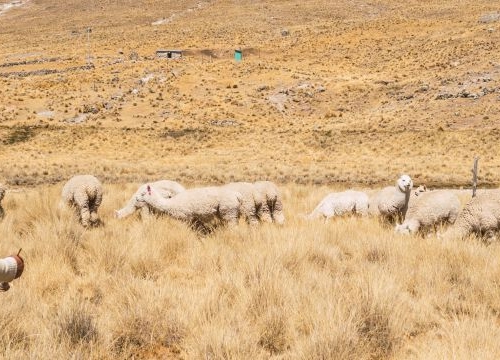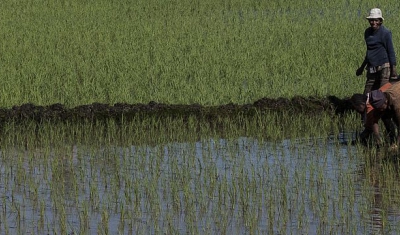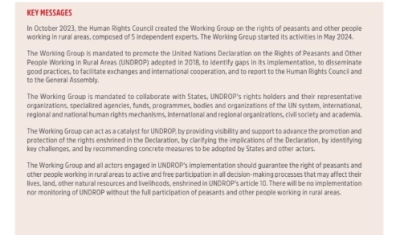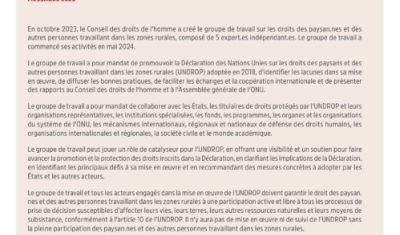Respecting, protecting and fulfilling the rights of peasants and other rural workers – A clever move in times of multiple crises
Event


Adobe
Side event on the margins of the 52nd session of the United Nations (UN) Human Rights Council
The world is in the midst of multiple crises, in the area of food, climate, poverty and growing inequalities, health, finance, trade etc. The current models of food production and distribution, as well as the architecture and system governance in food and environmental matters are dysfunctional, unsustainable, unjust and violent. Peasants and other people working in rural areas have been historically among the most vulnerable population, and nowadays they are the most affected by these crises. In fact, while producing most of the food (studies say that peasants and other people working in rural areas produce about 70 percent of world food, they are among the people that suffer hunger and poverty the most.
The elaboration and adoption, in December 2018, of the UN Declaration on the Rights of Peasants and Other People Working in Rural Areas (UNDROP) is a direct response to this fragile situation and a way to strengthen and promote human rights in the field.
Peasants, fishers, pastoralists, forest-dependent people, nomadic people, agricultural workers, rural women and other people working in rural areas also play a key role in conserving biodiversity, fighting environmental degradation and ensuring the right to adequate food for all. Therefore, safeguarding their rights, including through the implementation of the UNDROP, is critical for the realization of the rights of present and future generations and for the transition towards a more just, healthy and sustainable world.
This side-event – co-organized with the Permanent Mission of the Plurinational State of Bolivia, Honduras, Cuba, South Africa and the Grand-Duchy of Luxembourg, the South Centre, La Via Campesina, Centre Europe-Tiers Monde (CETIM) and FIAN International – aims to highlight that protecting the rights of peasants and other people working in rural areas – who produce the majority of the food in the world –, including by implementing UNDROP and fostering the transition to agroecology, is a clever way to respond to the current multiple crises.
Objectives
- To raise awareness about the contributions of peasants and other people working in rural areas to face the crisis, and discuss measures that can be adopted at national and regional levels with the aim of respecting, protecting and fulfilling peasants’ rights and tackling the impacts of the above-mentioned crises
- To convene/encourage a critical number of states to collaborate towards the implementation of UNDROP, both at national and international levels, as an effective way to respond to the current multiple crises, especially the food crisis, as well as to advance in a just transition, including with agroecology
- To start raising support for the initiative to create a new UN Special Procedure on the rights of peasants and other people working in rural areas, to be included in a draft resolution which should be tabled at the 53rd session of the Human Rights Council in June.
Moderation
- Ana María Suárez Franco, Permanent representative of FIAN International in Geneva
- Raffaele Morgantini, Permanent representative of CETIM in Geneva
Panelists
- Freddy Mamani, Vice-Minister of Foreign Affairs of the Plurinational State of Bolivia (video message)
- Carlos Aguilar, Ambassador of the Mission of Honduras to the UN in Geneva
- Carlos Correa, Executive Director, South Centre
- Zainal Arifin Fuat, Serikat Petani Indonesia, La Via Campesina
- Svetlana Boincean, International Officer Agriculture & Plantations, International Union of Food, Agricultural, Hotel, Restaurant, Catering, Tobacco and Allied Workers' Associations (IUF)
- Saul Vicente, International Indian Treaty Council (video message)
First Line respondant
- Christophe Golay, Senior Research Fellow, Geneva Academy
Interpretation
Interpretation will be provided in English and Spanish.







